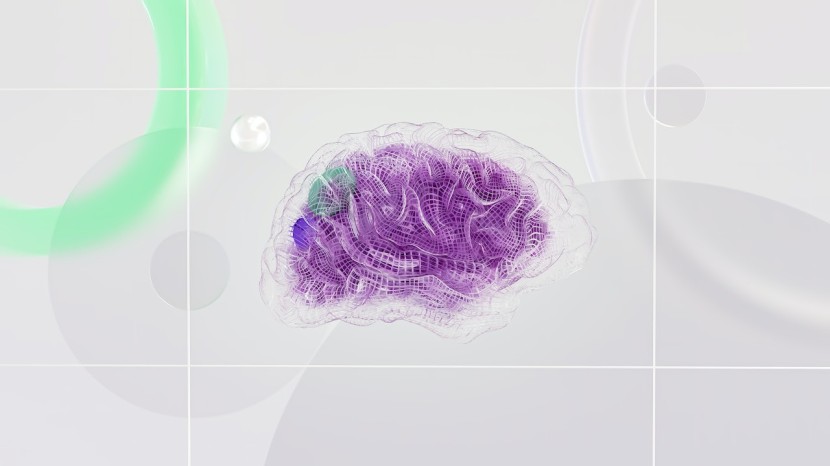
The Neuralink brain implant firm, founded by Elon Musk, has announced that it has been given the green light to begin enrolling patients in its first human research study. As part of a six-year trial, the business needs individuals with paralysis to test its experimental equipment.
As one of several businesses working on a brain-computer interface (BCI) to read and interpret neural activity, Neuralink is at the forefront of this research.
However, neuroscientists and other specialists have expressed skepticism and ethical issues in response to the company's billionaire executive's bombastic advertising of the firm. This includes pledges to construct an all-encompassing brain-computer to enable humans to keep up with artificial intelligence (AI).
The PRIME Study
Neuralink revealed that it is actively recruiting participants for its PRIME Study after receiving permission from an external institutional review board and a participating hospital, as reported by CNBC.
Although the Food and Drug Administration (FDA) turned down Neuralink's request for expedited human trials last year, the agency granted the company an IDE (investigational device exemption) in May to go on with clinical testing. The agency has yet to disclose how its first concerns were addressed.
According to The Guardian, Neuralink claims it is searching for people who are quadriplegic as a result of a vertical spinal cord injury or amyotrophic lateral sclerosis (ALS). As a means of allowing participants to operate a computer mouse or keyboard with their thoughts alone, a BCI will be surgically inserted in a part of the brain responsible for movement using a proprietary robot.
In a news release, the research will assess the reliability and effectiveness of the technology. Neuralink is closer to its goal now that it has approval to begin enrolling human patients in a research trial.
'Needless Suffering and Deaths'
The announcement comes many months after the business gained trial authorization from the appropriate authorities.
Its earlier testing on animals is being analyzed due to claims that the trials resulted in needless suffering. Former employees told Reuters that the tests were unorganized and that, in one case, the device was placed in the incorrect spot in pigs, resulting in the animals' deaths.
The claims prompted many investigations, including one by the Department of Agriculture into animal cruelty and one by the Department of Transportation into the mishandling of biohazardous chemicals over state boundaries.
Questions concerning the trial's schedule, location, and number of participants were unanswered for some time by the firm. Even if the company's technology is shown to be safe for human usage, it may be decades before it is made available to patients outside of the study.
© 2025 HNGN, All rights reserved. Do not reproduce without permission.








